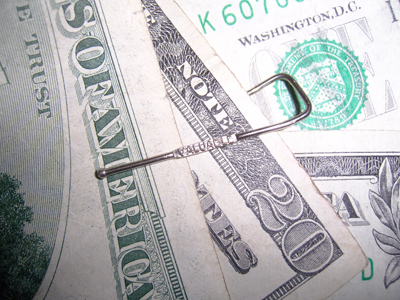All Nonfiction
- Bullying
- Books
- Academic
- Author Interviews
- Celebrity interviews
- College Articles
- College Essays
- Educator of the Year
- Heroes
- Interviews
- Memoir
- Personal Experience
- Sports
- Travel & Culture
All Opinions
- Bullying
- Current Events / Politics
- Discrimination
- Drugs / Alcohol / Smoking
- Entertainment / Celebrities
- Environment
- Love / Relationships
- Movies / Music / TV
- Pop Culture / Trends
- School / College
- Social Issues / Civics
- Spirituality / Religion
- Sports / Hobbies
All Hot Topics
- Bullying
- Community Service
- Environment
- Health
- Letters to the Editor
- Pride & Prejudice
- What Matters
- Back
Summer Guide
- Program Links
- Program Reviews
- Back
College Guide
- College Links
- College Reviews
- College Essays
- College Articles
- Back
Should College Athletes be paid?
The idea of paying college athletes has been the topic of many debates. There are many problems that can go along with that decision. Athletes might misuse the money, smaller schools would be at a disadvantage, students might take “under the table” money, and it would be hard to determine a player’s worth. Then again there are some solutions or alternatives to payment of these student athletes.
After the players are paid, who knows what they’re going do with the money. They could use it to purchase bad things such as drugs which could affect their play during games. Another issue would be overspending, which can result in debt. The student would not have anyone to keep them in check to keep up on what they are buying.
The bigger schools would have a slight advantage over smaller schools in paying students. Bigger schools generate more money from television recognition and would be able to pay players more than smaller schools with less recognition. According to writer Mike Higgins, “Only about twenty Division I football programs generate a profit.” Based on this statistic even some bigger schools wouldn’t be able to pay their athletes.
Another problem is that students would still take “under the table” money. For example, Cam Newton was offered money to play at Mississippi State; however, he chose to play at Auburn. At the University of Miami, a booster named Nevin Shapiro helped out the football team by “dishing out more than $170,000 to players, recruits, and coaches”, said USA Today. Students may take extra money offered by boosters to play at a different school in exchange for turning down their first option.
How can the school or team determine a players worth? There are starters and then there are players who may not get in the game; how can you pay two different players the same amount of money if one does more than the other? It would be too difficult to pay each individual fairly. In addition even though some football programs generate a profit they have other expenses to pay.
However, one solution has been made to turn down this idea of payment. Instead of paying students you could reduce their tuition. Not every student athlete gets a full ride scholarship, and not everything is free within a full ride. A report by Ithaca College researchers state, “that the average "full scholarship" Division I athlete winds up having to pay $2,951 annually in school-related expenses”. Some of these expenses not covered by a full scholarship are parking fees and classroom related school supplies.
For the smaller schools reduced tuition would level the playing field. Cutting back on an athlete’s tuition is easier to do than paying them money. As previously stated, not many college athletic programs generate a profit. Economically it would make more sense to reduce tuition amounts for student athletes.
The “under the table” money problems could be solved with this solution too. If student athletes have to pay less to attend school, then they may not take the extra money offered by boosters. The pressure the athlete feels to take money illegally could be lifted by reducing their tuition.
Determining a player’s worth may be the hardest part of this whole process. Benchwarmers would not be paid the same as starters on the team that just would not be fair. Although a reduction in both of their tuitions, at the same amount, can be fairer to them. Even though not all players actually play in the games, they still contribute to the team and put in a lot of hard work physically and mentally.

Similar Articles
JOIN THE DISCUSSION
This article has 0 comments.
